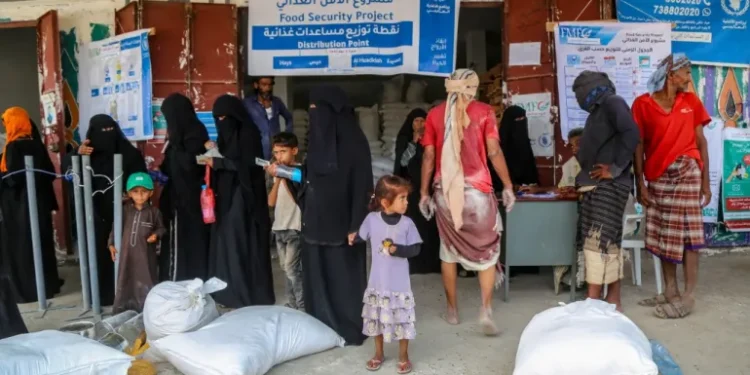Reports of non-payment of salaries to Zoomlion workers for nine consecutive months have sparked outrage across the country, with citizens, activists, and investigative journalists raising their voices against the alleged injustice.
In the latest development, a group of disgruntled workers from Zoomlion, one of Ghana’s leading waste management companies, protested demanding immediate payment of their overdue stipends.
These workers have gone without their monthly earnings for nine months, pushing many of them into dire financial situations.
The leader of the protesting group, expressing her deep frustration, revealed that they are entitled to a monthly stipend of GHS 250, which, despite its insufficiency, remains unpaid.
“We have not received anything for nine months now. We have families to feed, rent to pay, and children to take care of, but we can’t even afford necessities,” she lamented, underscoring the growing desperation among her colleagues, who are struggling to make ends meet.
The public’s outrage was further inflamed when it emerged that while these workers receive a meagre GHS 250 per month, Zoomlion is reportedly paid GHS 850 per worker under the contract with the government.
This means that out of the total sum paid, GHS 600 is retained by Zoomlion as management fees. The disparity between what is paid and what the workers actually receive has been a long-standing point of contention, with many seeing it as exploitative.
Manasseh Azure Awuni, a renowned and multiple award-winning investigative journalist, who has been at the forefront of exposing such issues, did not mince words in his reaction to the latest protest.
“As you listen to these helpless people share their heartbreaking stories, remember that Zoomlion is paid GHS 850 per person a month, but the contract says the company should pay them GHS 250 and keep GHS 600 as management fees. They say this is the 10th month they have not received any payment”.
Manasseh Azure Awuni, a renowned and multiple award-winning investigative journalist
Systemic Neglect and Injustice
Manasseh further added that this is not an isolated case, but part of a broader, systemic problem that has persisted for over a decade.
“This is the 11th year I have consistently highlighted this thievery and enslavement of our people by the politicians,” he said, underscoring the sense of betrayal felt by many who rely on these stipends for survival.

Manasseh Awuni did not hold back in criticizing the institutions that have remained silent or complicit in this alleged exploitation.
In particular, he pointed to the Church of Pentecost, whose leadership he accused, has been linked to lobbying efforts that helped secure government contracts for Zoomlion.
“Not even the leadership of THE CHURCH OF PENTECOST, who are on record to have lobbied politicians to keep Zoomlion’s contracts (I have the video evidence), appear to be listening to what their respected elder’s business is doing,” Manasseh Awuni revealed, exposing a concerning intersection of religion, politics, and business in this scandal.
The explosive nature of these revelations has resonated with many Ghanaians, igniting a wider conversation about labour exploitation, corruption, and the unequal distribution of wealth in the country.
Saddick Adams, a renowned sports journalist and social activist, reechoing Manasseh Awuni’s sentiment, also expressed his dismay at the situation.
“GHC 250 for 30 days of work. I have been so broken since morning,” Saddick Adams wrote, decrying the sheer injustice of the amount paid to these workers.
He highlighted the broader global inequality, noting that “this is how much the same person will be paid in just one hour in another country. Just being born in a place could be a curse or blessing,” underscoring the hopelessness confronting several Ghanaians with such wage disparities.
The situation has reignited debates about labour conditions in Ghana, particularly for those working in low-wage, high-risk jobs like waste management.
In a nutshell, the workers’ demands for immediate payment are not just a call for their wages but also a larger cry for justice. Their plight highlights the vulnerabilities of Ghana’s low-wage workers, many of whom operate within a system that prioritizes profit over people.
It is the hope that the workers’ voices, amplified by journalists and activists, may finally force those in power to confront the deeply rooted exploitation that has plagued the country’s most vulnerable for far too long.
READ ALSO: JL Plantations and WES Trade Partner to Boost Commercial Agriculture in Ghana























